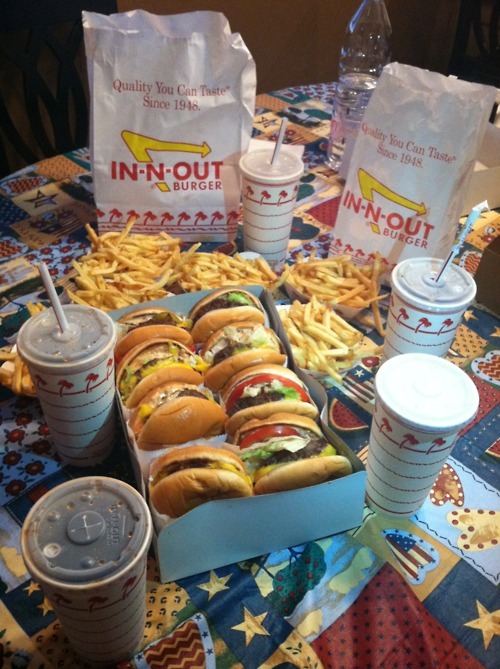Cornel West is leaving Princeton. He wants to be a new prophet of the gospel and of egalitarianism. I think he might do better if he kept the Princeton credential tightly associated with his name, and take advantage of that affirmative action for all it is worth. It can only give his voice greater reach. But maybe he is too tired of being deeply ensconced in that white-bread world.
_ _ _
In November 2007, Cornel West got onstage at the Apollo Theater in Harlem and before a hollering crowd of more than a thousand people, with much arm-waving and wrist-flapping, along with a certain amount of ass-wagging, introduced his candidate for president of the United States—“my brother, my companion, and my comrade”—Barack Obama. “He’s an eloquent brother,” preached West. “He’s a good brother, he’s a decent brother.” Obama returned the sloppy kiss and pronounced West “an oracle.”
That compliment could not have been more apt, for West regards himself as a prophet more than a professor. He believes that he is called to teach God’s justice to a heedless nation. “There is a price to pay for speaking the truth,” reads the signature on e-mails coming from West’s office. “There is a bigger price for living a lie.” So when his view of the commander-in-chief changed from adoration to disappointment, West was moved to proclaim it out loud. He had already been lobbing rhetorical grenades in the direction of the Oval Office, calling the president “spineless” for his failure to make poor and working people a policy priority and “milquetoast” for kowtowing to corporate interests during the economic crisis. But in an interview with Truthdig, published last May, West went nuclear. He called Obama “the black mascot of Wall Street oligarchs.” And then he said he wanted to “slap him,” as the article put it, “on the side of his head.”
--
Lisa Miller at New York Magazine
